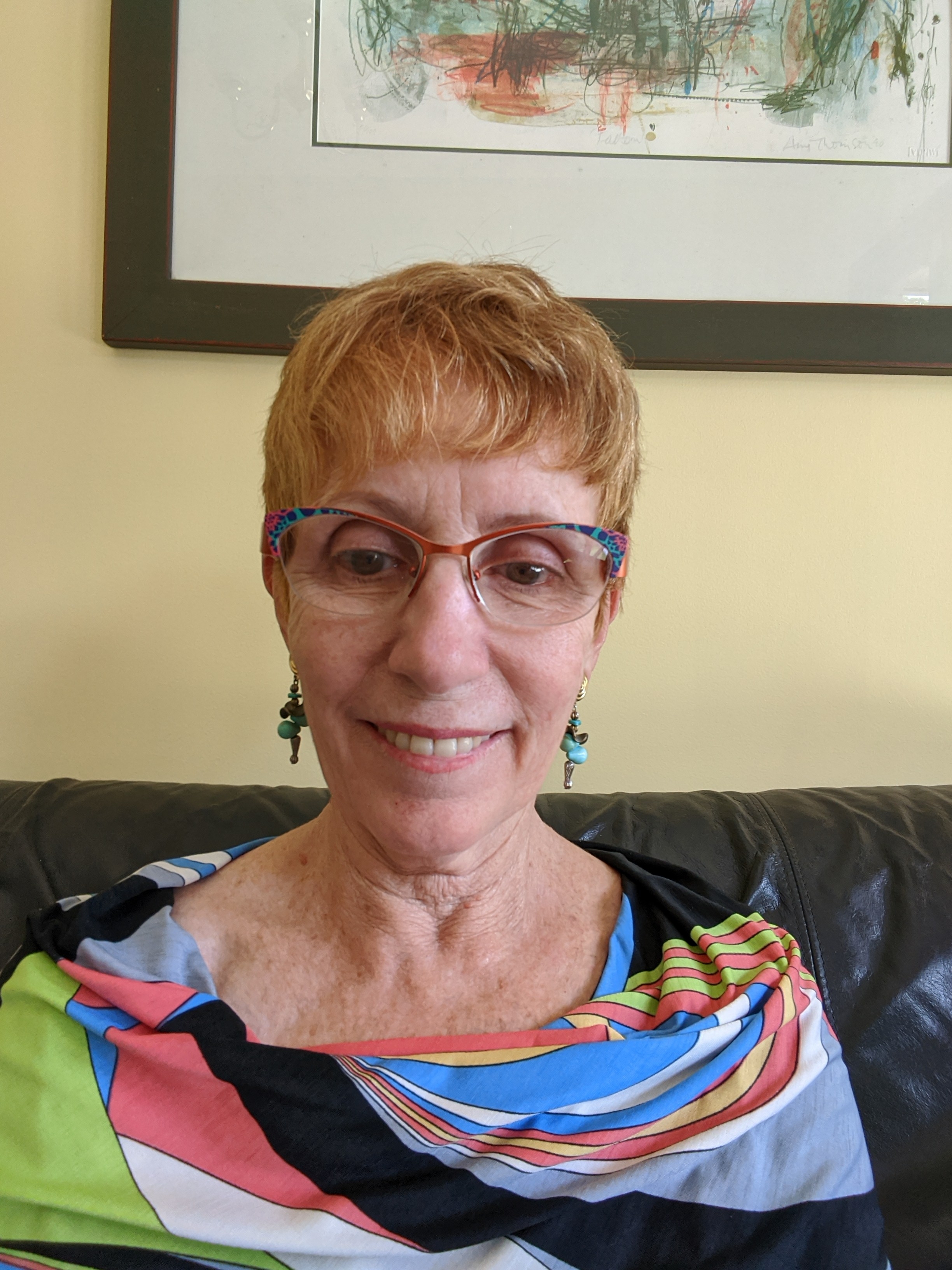The health professionals must have: a safety-driven culture focused on healing, recovery & learning
- suem08

- Sep 11, 2021
- 2 min read

I have just finished reading “When it is darkest: why people die by suicide and what can we do to prevent it” by Professor Rory O’Connor. It is also the end of the week during which we recognised R U OK? Day and World Suicide Prevention Day. So it seems timely that I should pen some thoughts….
Really this was prompted by the very end of Rory’s book. The section on those bereaved by suicide or more specifically pages 271-273 - the last three pages of the book. It speaks to the experiences of health professionals who lose a person, with whom they are working, to suicide. As with all other sections of the book Rory illustrates this with research enlivened by the very real stories from people who have this experience. He says: “Similar to the effect on family and friends, across the studies the most common reactions felt by clinicians in interview-based studies were guilt, shock, sadness, anger and blame…….the experience also contributed to self-doubt professionally…….. A consistent conclusion ….. more training on the impact of suicide was needed and that informal support was often cited as being beneficial”. (page271)
This resonated with me, not because I have lost a person with whom I have worked to suicide, but rather because the experiences and the advice Rory includes in these three pages are so relevant to the work I am doing in promoting the Zero Suicide Healthcare framework. Building a restorative, just and learning culture is foundational to implementing the Zero Suicide Healthcare Framework. Integral to this is recognising that clinicians will be profoundly affected by the suicide. They need to be supported by their colleagues and their organisation, while also needing to engage and provide support to those closely connected to the individual. The latter can be hard at the best of times, let alone when you are also feeling your own grief.
I was struck by this because the health services with which I am working are deeply concerned that they operate in an environment of retributive justice. That is a suicide is dealt with in the context of compliance and consequence – a culture of blame and retribution. Almost every health service has homed in on the need to develop a restorative, just and learning culture as being critical to their success in implementing Zero Suicide Healthcare.
What this says to me, is that the systems in which our health professionals operate need significant change management. The current pressures they are under during Covid are being well publicised, but the tail-end of psychological distress experienced by the community will be long and arduous and our health professionals will be expected to keep on keeping on.
Whether the current blame culture is perception or reality it must be eliminated. All health professionals deserve to operate in a safety-driven culture focused on healing, recovery and learning.




Comments